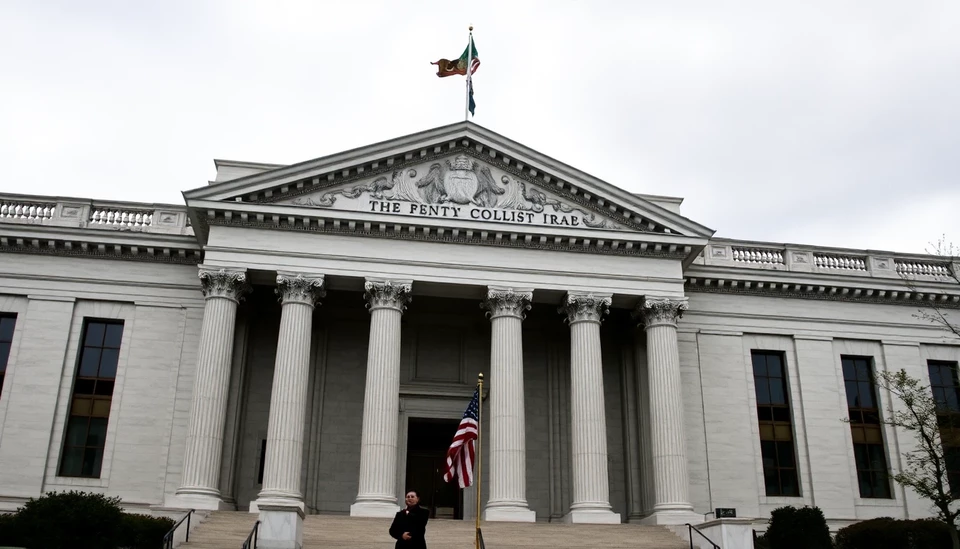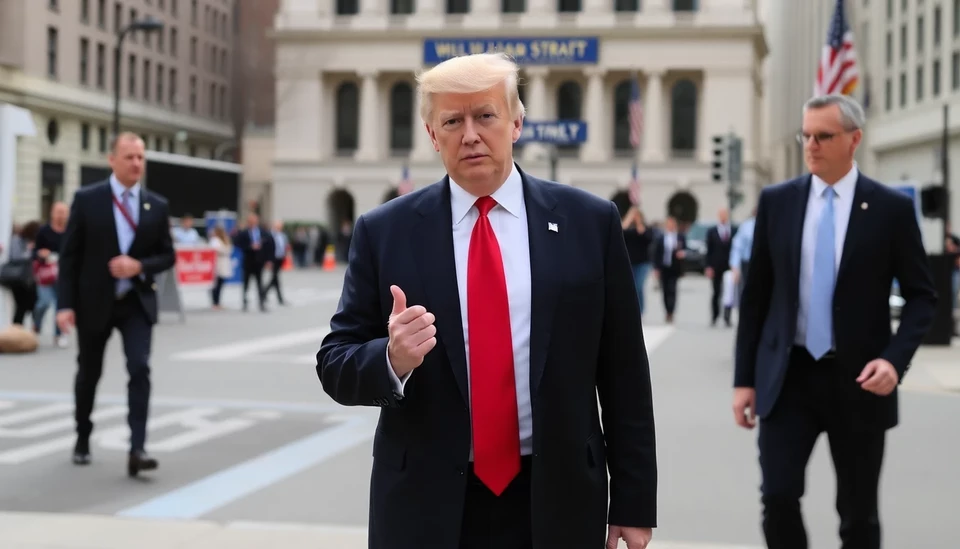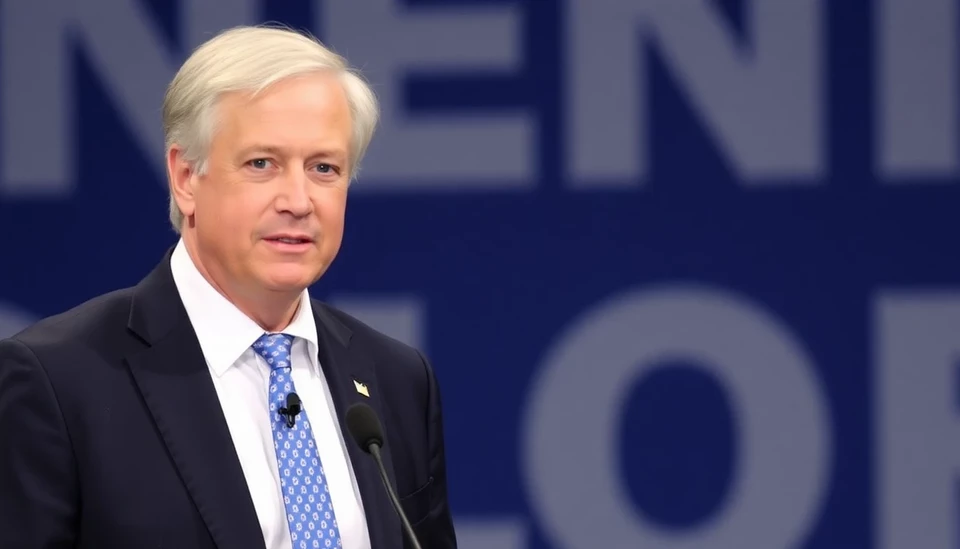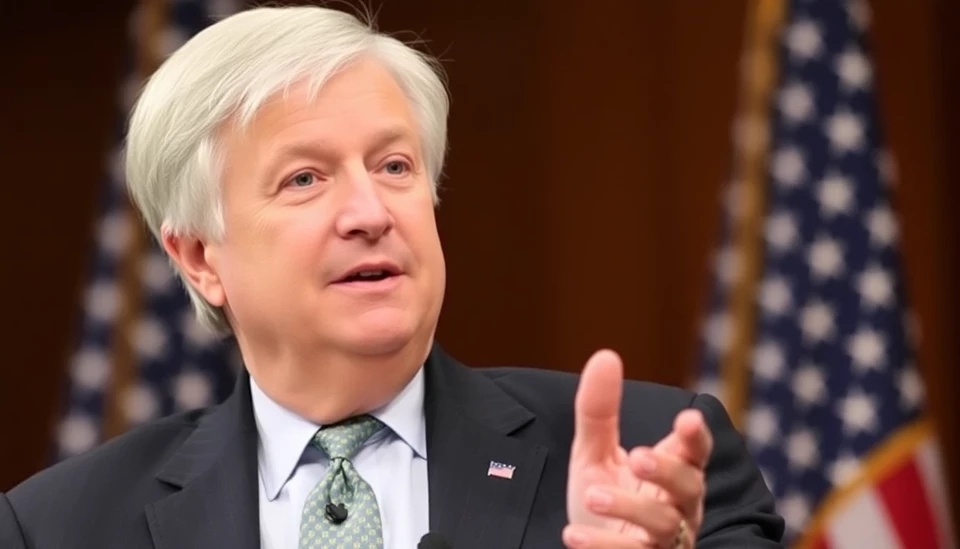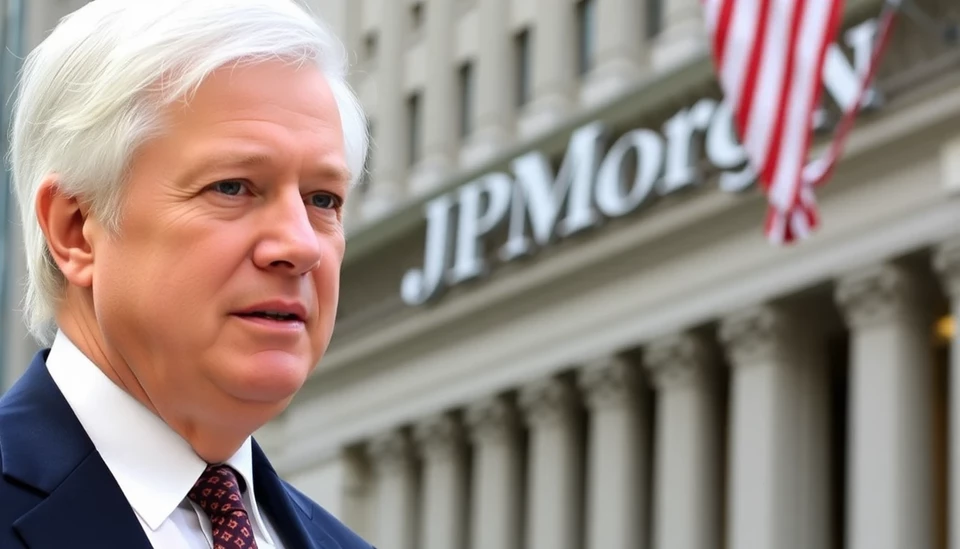
In a recent statement that echoes the concerns of many in the financial sector, Jamie Dimon, CEO of JPMorgan Chase, has likened the current climate of global banking to "stormy seas," highlighting the numerous challenges ahead for financial institutions worldwide. This stark metaphor encapsulates the unease that banks are experiencing due to economic uncertainties, geopolitical tensions, and market volatility.
Dimon shared his perspective during JPMorgan’s annual shareholder meeting, where he discussed the bank’s performance and outlook amid the prevailing global economic conditions. He emphasized that while JPMorgan continues to thrive, the broader banking environment is rife with uncertainty, primarily due to the pressures from inflation, rising interest rates, and persistent geopolitical instability.
This gloomy assessment is particularly relevant as central banks around the world grapple with the dual challenge of curbing inflation while fostering economic growth. Dimon noted that many institutions are apprehensive about the potential repercussions of sustained high-interest rates, which could dampen consumer spending and hinder investment.
One of the critical concerns highlighted by Dimon is the impact of rising geopolitical tensions, including conflicts and trade disputes, which he argues could further destabilize already fragile economies. The ramifications of these tensions extend beyond mere political lines; they affect international supply chains and trade routes, which are essential for the interconnected global economy.
Dimon also pointed to the ongoing technological disruptions facing traditional banking models. As fintech companies and digital currencies gain traction, he cautions that established banks must adapt quickly to remain competitive. The rise of these technologies presents both challenges and opportunities, but failure to innovate could leave legacy banks at a severe disadvantage in an increasingly digital landscape.
Moreover, Dimon’s comments underline a growing concern about the financial sector's responsibility in addressing broader societal issues such as climate change and income inequality. He emphasized the need for banks to not only focus on profitability but also to lead initiatives that promote sustainable economic practices.
Despite the looming challenges, Dimon expressed a sense of resilience, urging investors to remain optimistic about JPMorgan's ability to weather the storm. He affirmed that the bank is well-capitalized and prepared to navigate the uncertainties ahead, asserting, "We have the tools and the team to take on any challenges that come our way."
As the financial world watches closely, the banking sector finds itself at a critical juncture, dictated by numerous intersecting factors. The insights provided by Dimon serve as a reminder of the complexities facing global banking and the necessity for adaptive strategies in the face of such substantial trials.
As stakeholders brace for the potential impact of these turbulent times, the focus will undoubtedly turn toward how institutions like JPMorgan adapt to the challenges and maintain their leadership in the face of adversity.
#JamieDimon #JPMorgan #BankingNews #GlobalEconomy #InterestRates #GeopoliticalTensions #FinancialSector #Innovation #Sustainability #EconomicOutlook
Author: Samuel Brooks
